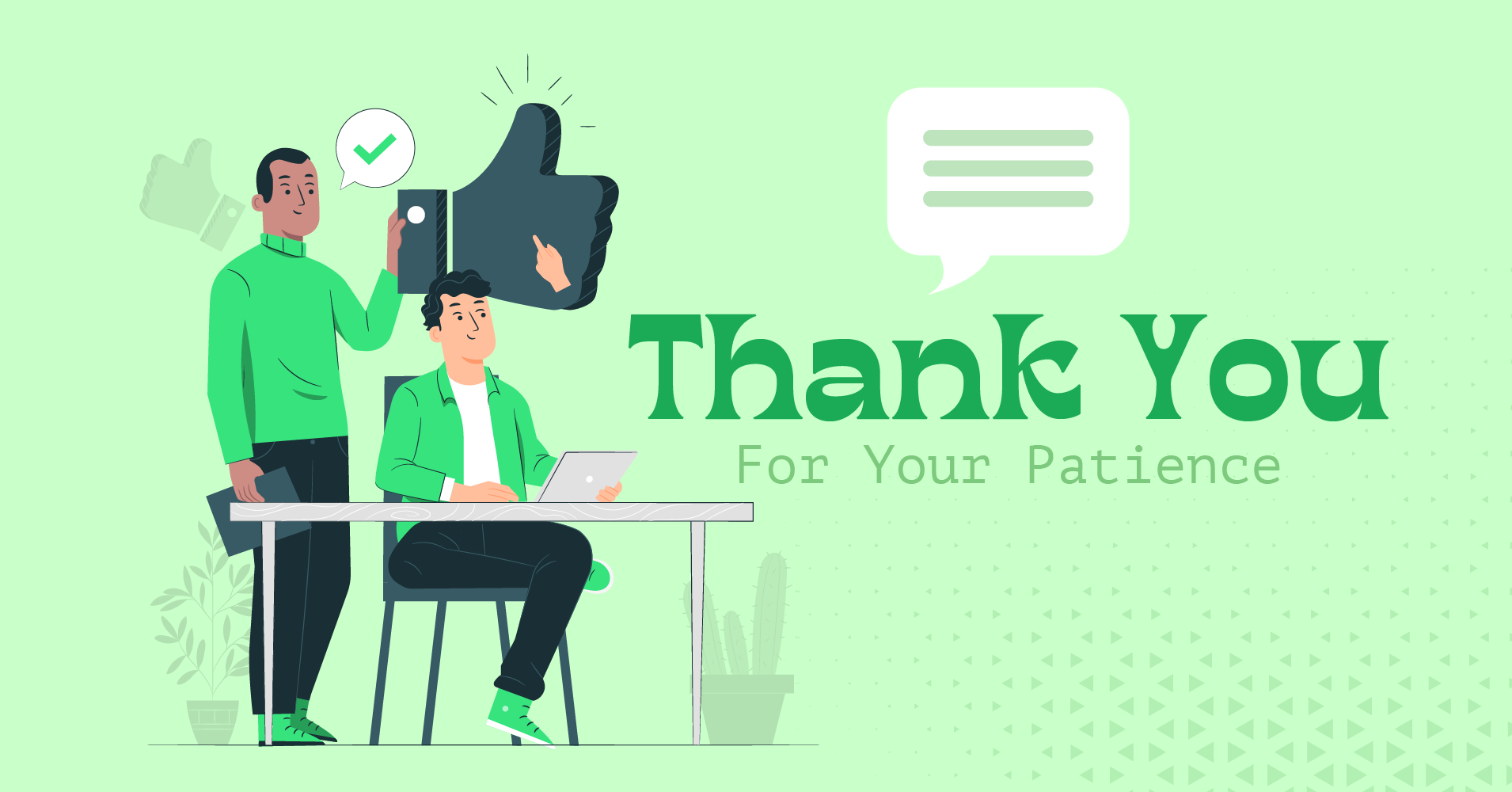
Thank You For Your Patience + 10 Alternatives
By Rasel Siddiqe
November 1, 2022
Last Modified: November 13, 2025
Customers come to businesses with a variety of asks. Some are straightforward, others, not so much. It’s normal for some issues to take longer to fix. So what do you do when that happens?
A customer is on hold, waiting for your response, or for you to get something done on your end. For customer service agents, this awkward silence while looking for a way to solve an issue is an everyday thing.
Service teams and managers came up with a solution to make the silence less awkward for both customers and agents.
This was where the phrase “Thank You For Your Patience” got picked up in service culture.
But is there nothing more (or maybe less) to be said?
In this article, we’ll look at why customer service teams use it and what alternatives you can use for it.
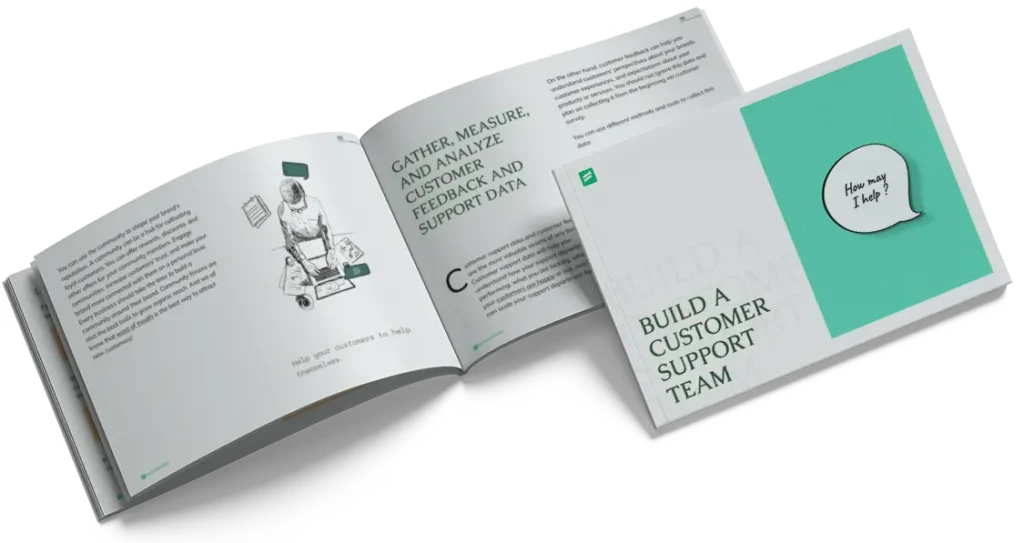
Why and when to say “Thank You For Your Patience”?
The phrase is used by service teams in a number of situations. For a ballpark summary, you can consider these situations to use the phrase.
Complex Problems; The issue the customer is facing is unprecedented and requires thorough troubleshooting. This usually takes time and you’re supposed to let the customer know that.
Technical difficulties on the agent end; Service agents rely on a number of tools when facing customer queries. Anything and everything can break. A situation like this does require patience.
Multiple departments are involved; When multiple departments are involved with an issue, it can take a significant amount of time to process and finalize a solution.
A supervisor needs to be consulted; Many issues can require a managers/supervisors approval to be tackled. Letting customers know that and be patient is the only way in this scenario.
Forwarding to another agent; If a customer needs to be forwarded to another agent, the waiting time needs to be accounted for and more importantly, acknowledged.
So the when is, anytime your system, your policies or your solutions need customers to wait.
Now for the why!
“Thank You For Your Patience” conveys 2 things.
First, it acknowledges the delay a customer is facing to get their solution. Second, it conveys that you are grateful for the patience the customer is showing towards that delay.
That’s the answer if you’re used to taking straight answers at face value. The actual reason is a bit more subtle.
So when a delay inevitably occurs, focusing on the company’s shortcoming and apologizing for it, might be one way to do it. But that’s not really a positive way to handle it.
Service lingo revolves around using positive language. Even chatbots need to have that positivity to ensure customers feel welcome. A service agent is supposed to keep the conversation positive, whatever the situation. So instead of highlighting negativity (the delay and the companies inability to minimize it), service agents go for the positive phrasing. Acknowledging the positivity in a customer through appreciating their patience.
The real reason, with its nuance, really took me by surprise. I’m guessing it might do the same to you too!
Deliver Superfast Support!
Provide customer solutions through one-to-one communications right from your help desk software.Alternatives for “Thank You For Your Patience”
However, as good as the phrase is, overusing any phrase turns it into a cliche. As we looked for alternatives to phrases like ‘happy to help’ this became pretty obvious. You can only say “Thank You For Your Patience” so many times in a conversation or even throughout the day.
That’s why you need some alternative phrases up your sleeve to keep things fresh in the conversation with the customer.
Not to mention, customers hate cliches. A customer might have heard this phrase in a number of situations. Not all of them might be pleasant. You’ll never know if a customer is taking your words at face value, or is associating something entirely different based on their prior experience when hearing the same phrase. Alternatives are always handy to have!
The best alternative we found are,
You’re the best; It’s short and conveys gratitude. Better used with younger customers.
Thank you for bearing with us; Essentially the same phrase, without explicitly using patience. Good for when the customer is losing it by the second.
I really appreciate how you ____ ; End the phrase with a positive about the customer and a clear example of how that helped.
I’m committed to resolving this issue; Reassures that you’re in control of the situation and the solution is well on its way.
Really appreciate you digging in here; Acknowledges the customers effort to come in and communicate their problem.
Thanks for hanging in there; Shows appreciation while keeping it casual.
Appreciate your relaxed attitude; Similar to “Really appreciate you digging in here”. Acknowledges the effort
You’re remarkably patient, we appreciate that; Assertive sentences and compliments work well too!
We’re grateful for your patience; A bit on the formal side, but get’s the message across. Great with senior customers
Thanks a bunch for being so patient; Better suited for younger customers mostly Millenials and Gen-Z.
Wrapping up
Customer service is a tedious and demanding part of our modern culture. Literally millions of calls and chats happen within its scope. Inconveniences and delays are part of some if not all of those calls.
No matter the business or industry, cordial customer service is something everyone appreciates and expects. “Thank You For Your Patience” is just one way to achieve that. Hope it helps you connect with customers with all the alternatives, and gets rid of the awkward silence for good.
Until next time, happy serving!
Start off with a powerful ticketing system that delivers smooth collaboration right out of the box.





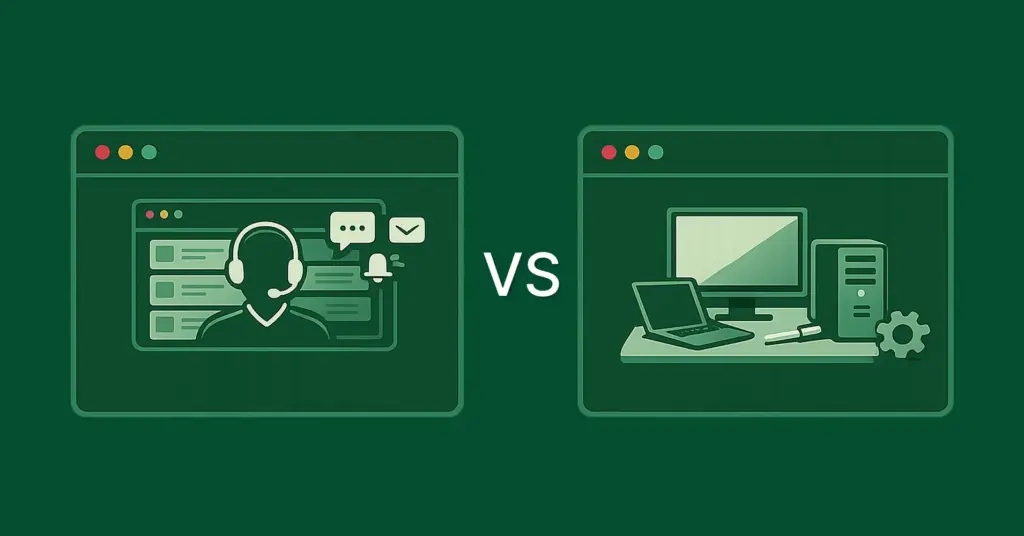
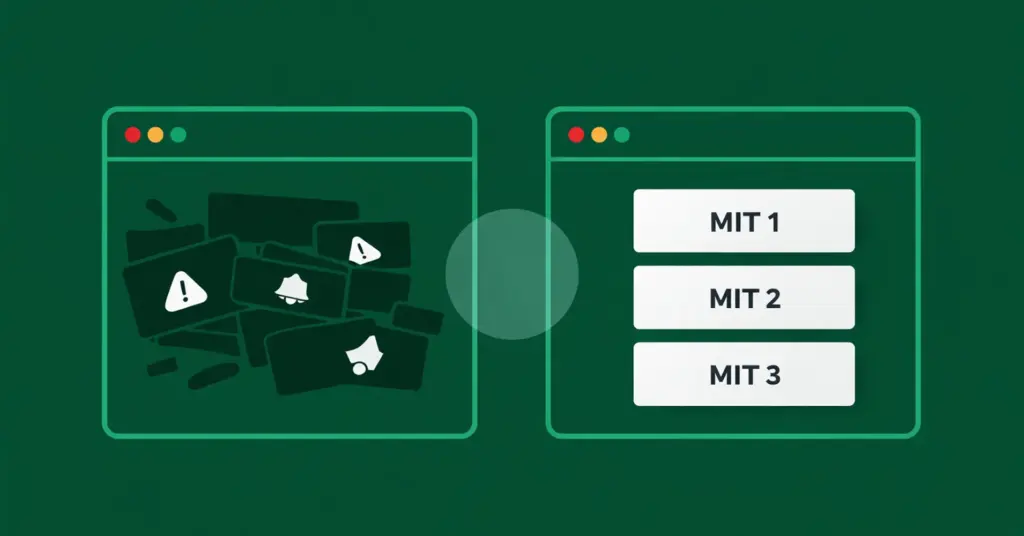
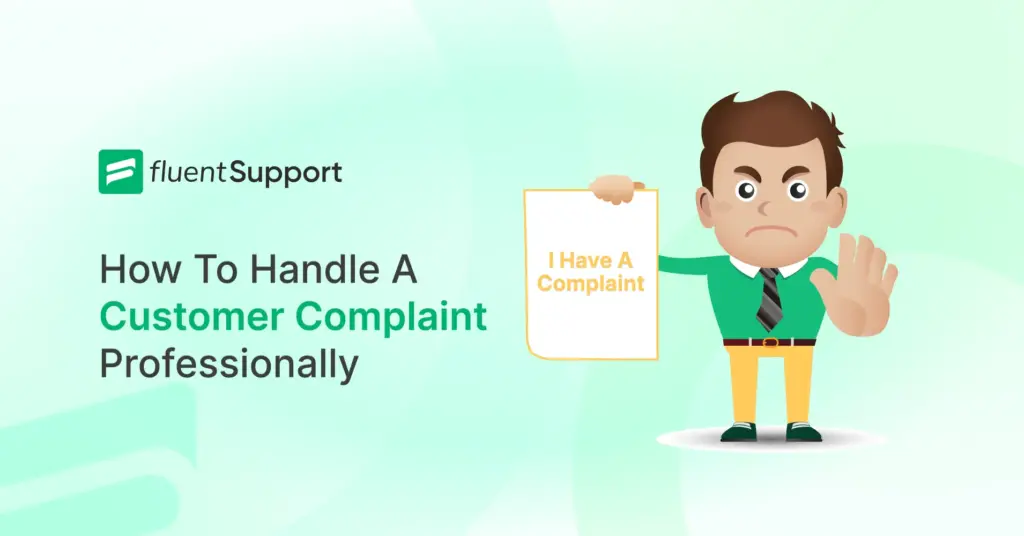
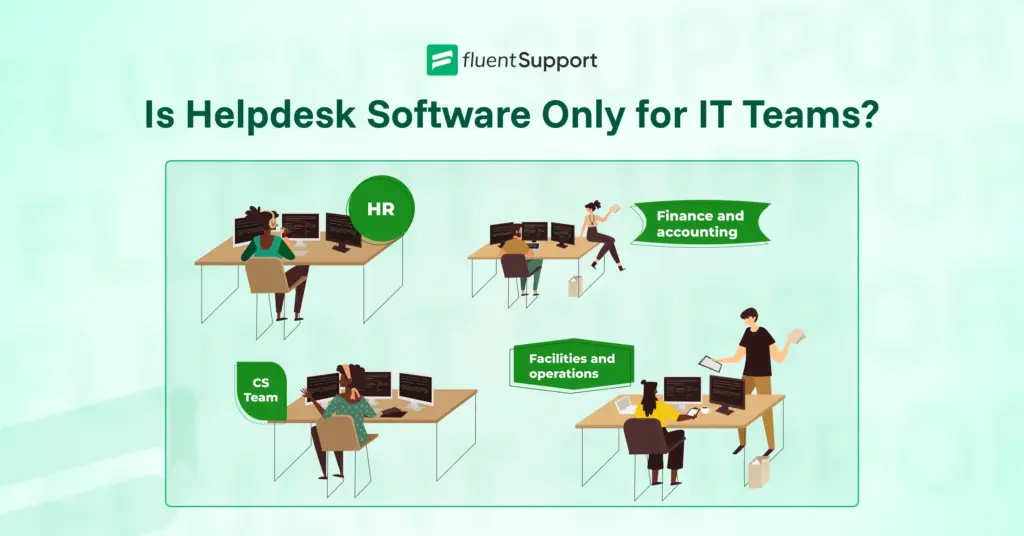
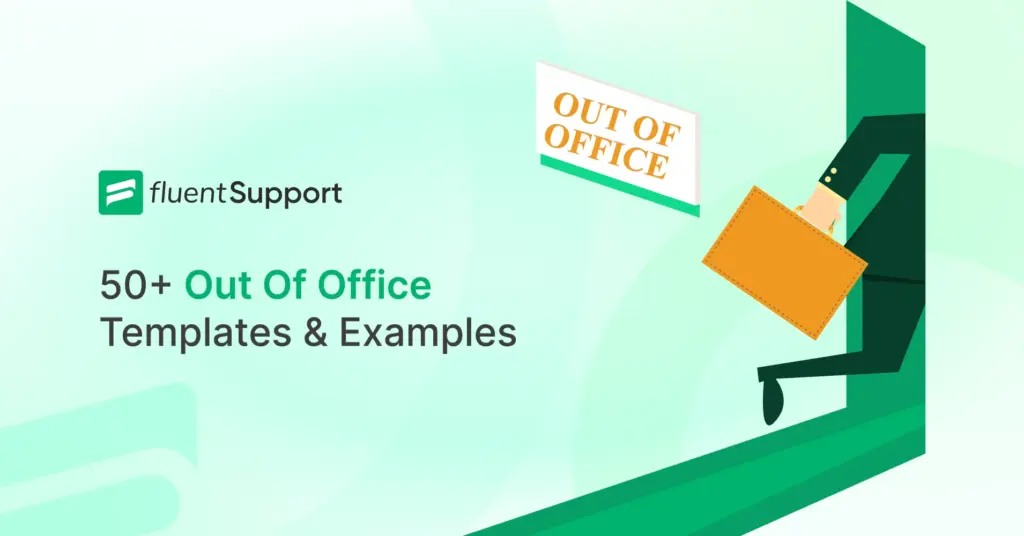
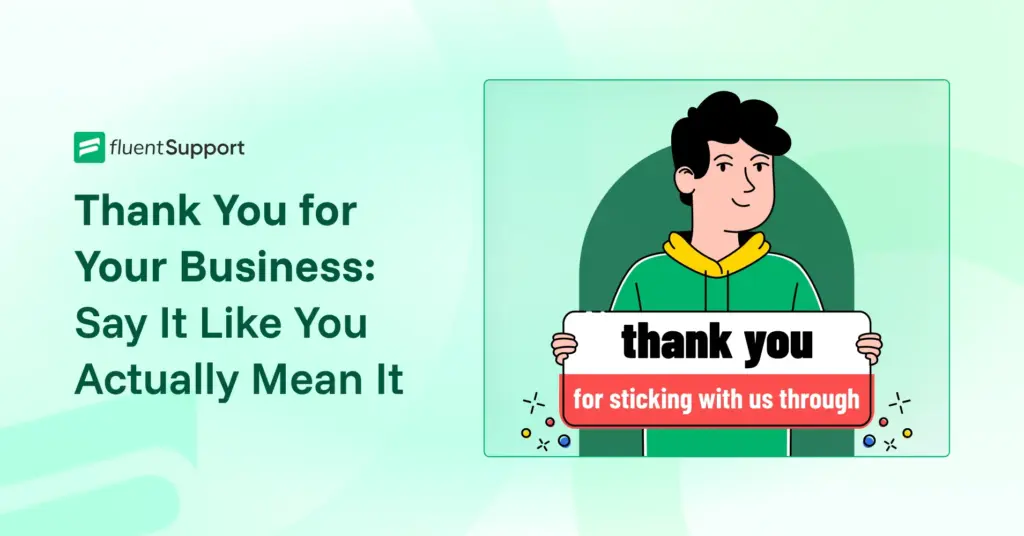

Leave a Reply